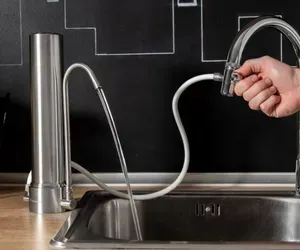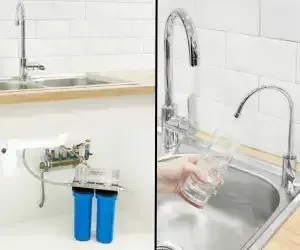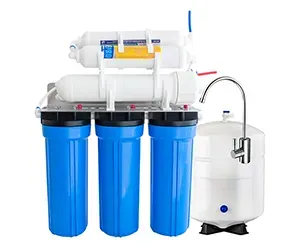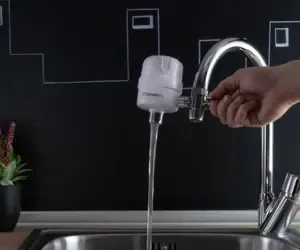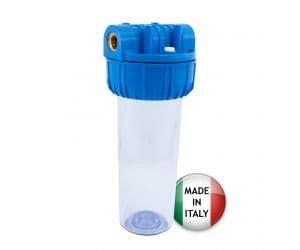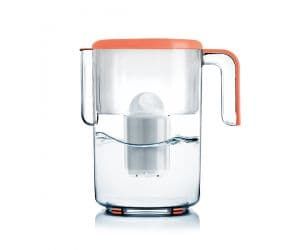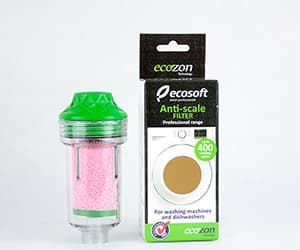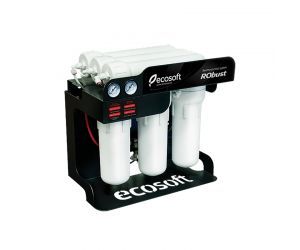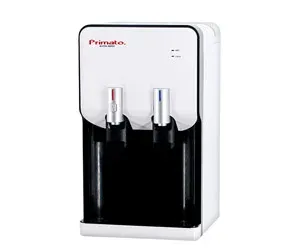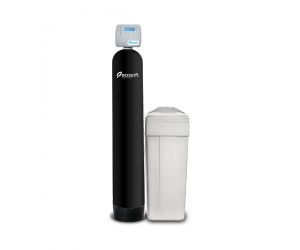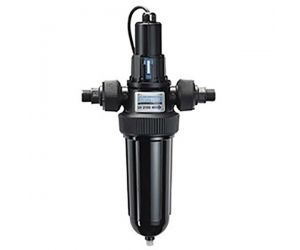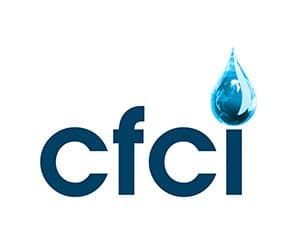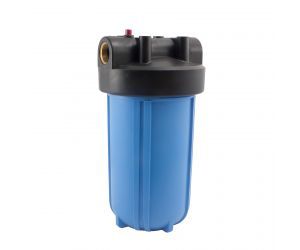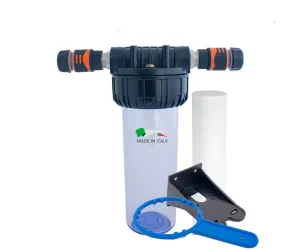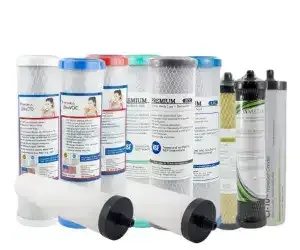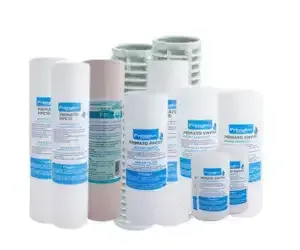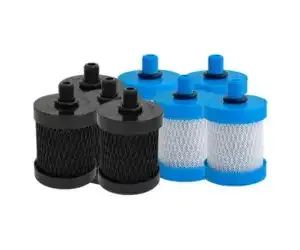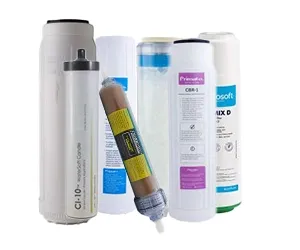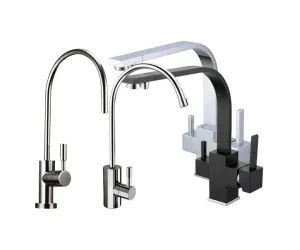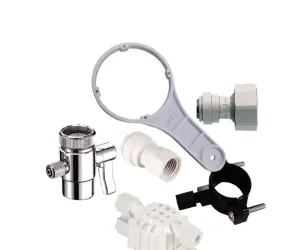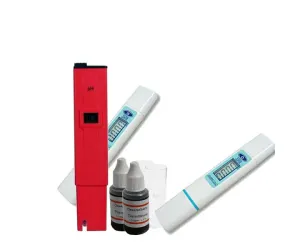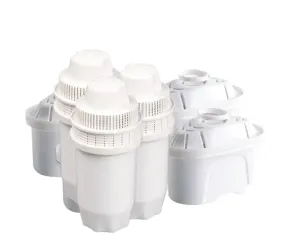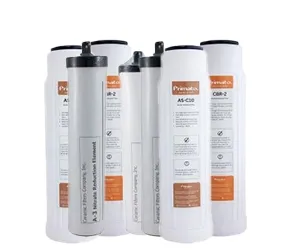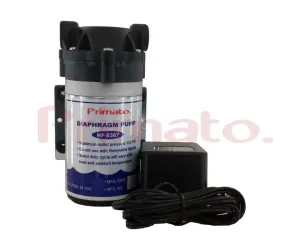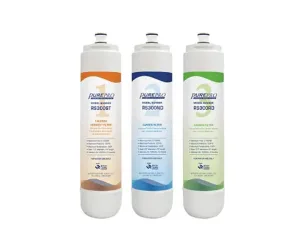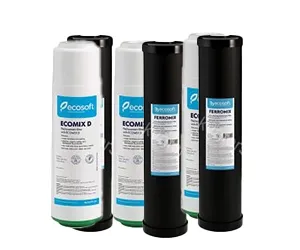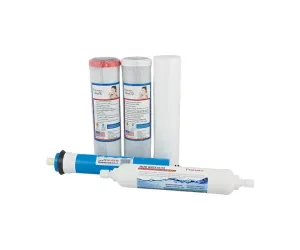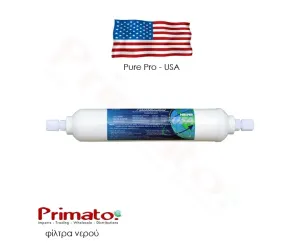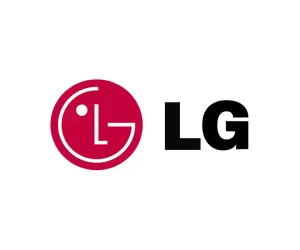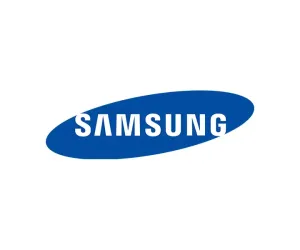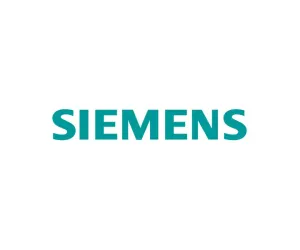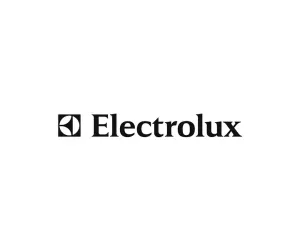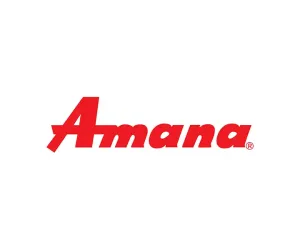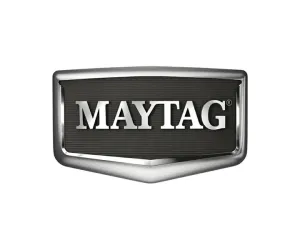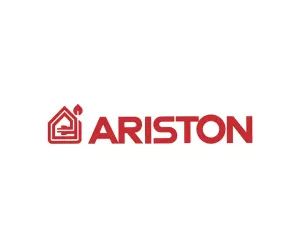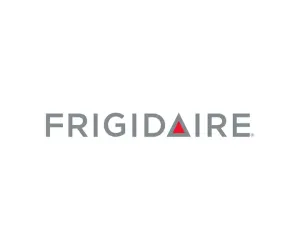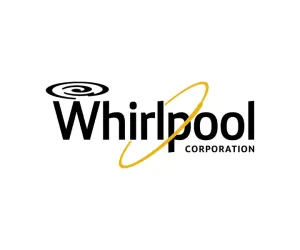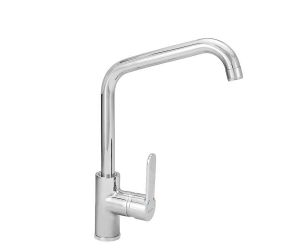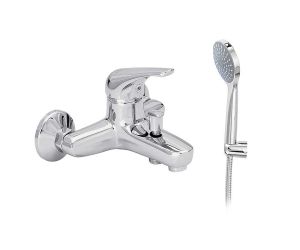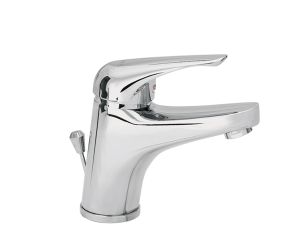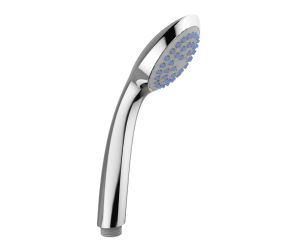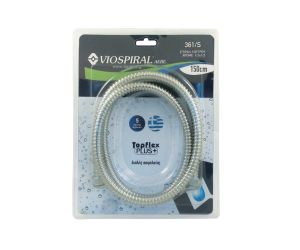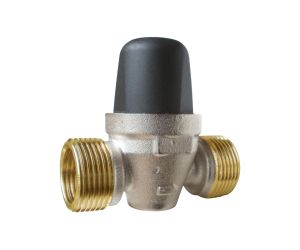Well Water in Greece: What’s Really in It and How to Make It Safe
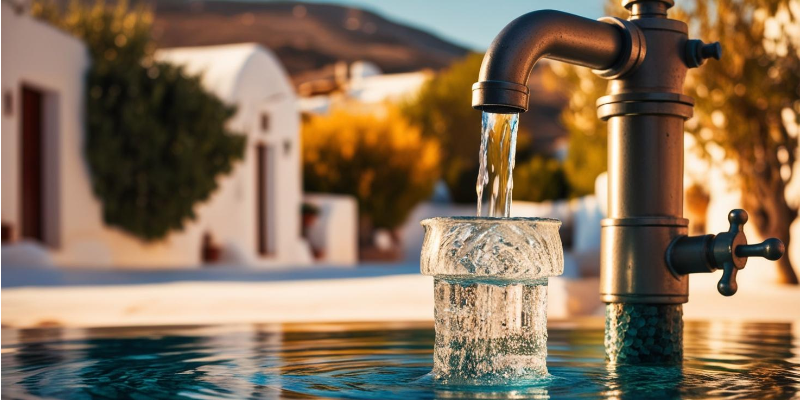
In many rural and coastal areas of Greece, households rely on private wells for their water supply. While this offers independence and cost savings, it also brings significant responsibility: ensuring the water is safe for consumption. Studies and regional data have revealed a variety of contaminants in Greek groundwater — some visible, many not. This article explores the risks and shows how advanced filtration, especially reverse osmosis systems from Primato, can offer a reliable solution.
What Contaminants Are Found in Greek Well Water?
Groundwater quality varies widely across Greece depending on geology, human activity, and local infrastructure. Below are the most common threats:
- Nitrates: Originating from agricultural fertilizers and animal waste, nitrates can seep into wells. They are especially dangerous for infants and pregnant women and have been linked to methemoglobinemia (“blue baby syndrome”).
- Heavy Metals: In areas like Boeotia, Attica, and parts of Thessaly, elevated levels of arsenic, lead, and chromium have been detected, often linked to past or present industrial activity. These metals accumulate in the body and are known to cause long-term organ damage and cancers.
- PFAS and Industrial Pollutants: Persistent chemicals like PFAS have been found in some aquifers due to improper waste disposal. These substances resist breakdown and may remain in the water for decades.
- Salinity: Coastal over-pumping causes seawater to intrude into freshwater aquifers. High sodium content can damage pipes, affect taste, and raise health concerns, especially for people with hypertension.
- Microbiological Contamination: Bacteria, viruses, and protozoa can infiltrate poorly sealed wells, particularly after floods or nearby septic system failures. Common risks include E. coli, Giardia, and Cryptosporidium.
Health Effects of These Contaminants
- Nitrates: Oxygen transport interference, especially dangerous for babies.
- Arsenic and Chromium: Linked to skin conditions, cancer, and neurological issues.
- Lead: Especially harmful to developing brains in children.
- Microbes: Can cause gastrointestinal illness, fever, and long-term gut problems.
- High salt content: May increase blood pressure and affect kidney function.
Testing Your Well Water
Greek homeowners are responsible for testing their own well water. According to Greek public health guidelines, annual testing is recommended. However, more frequent checks may be needed after floods, droughts, or changes in taste or smell.
Parameters you should test for include:
- Microbiological indicators (e.g., E. coli, total coliforms)
- Nitrate/nitrite levels
- pH, hardness, and conductivity
- Heavy metals (arsenic, lead, mercury)
- Chlorides and sulfates
Why Reverse Osmosis Is the Best Defense
Reverse osmosis (RO) is a multi-stage filtration process that forces water through a semipermeable membrane, removing over 99% of dissolved solids and impurities. It’s considered the most effective household method for eliminating a broad spectrum of contaminants — including all the ones typically found in Greek well water.
Benefits of RO for Well Water
- Removes nitrates, arsenic, lead, and chromium with near-total efficiency.
- Blocks bacteria and viruses without needing chemicals.
- Improves taste and smell by reducing organic compounds and salt.
- Reduces PFAS, pesticides, and pharmaceutical residues that carbon-only filters can’t fully catch.
Recommended RO Systems from Primato
Primato offers reliable, certified reverse osmosis systems for homes, offices, and even small-scale agricultural applications. Explore our English-language collection here: Primato Reverse Osmosis Filters.
Popular Models Include:
- Primato RO5: 5-stage system ideal for rural homes
- Primato RO6 UV: Adds UV protection for microbiological threats
- Compact models: Designed for small kitchens with limited under-sink space
Conclusion
Private wells give you control — but with that control comes responsibility. By understanding the specific risks tied to Greek groundwater and using advanced reverse osmosis systems, you can ensure your family enjoys clean, healthy, and great-tasting water year-round.
Don’t wait for problems to surface. Protect your water with Primato.
Recent posts
- Larissa Water Filters Store
- Well Water in Greece: What’s Really in It and How to Make It Safe
- NanoMetix 10" 0.01μm Water Filter | Advanced Nanofiltration Against PFAS & Microplastics
- The Future of Water: How Primato Filters are Pioneering New Standards in Water Safety
- Primato's Journey at Aquatech Amsterdam: Building Bridges and Expanding Horizons
- The Journey of Water: From Source to Tap - Understanding the Filtration Process
- What are three way water filter taps?
- Shower water filters
- Commercial water filters for hotels, restaurants and cafes
- The reason why more and more people prefer undercounter water filters
- Zeolites in water treatment
- The water supply network of Athens
- The whole truth about water filters
- Russian water filters with aragonite - Purchase guide
- Choosing and buying a countertop water filter
- I live in Athens. Do I need a water filter?
- Water Filter Prices: Full Guide
- Does filtered water help with allergies?
- 10+ reasons to add more water to your lifestyle!
- Zeolite: A natural mineral in the service of water filtration
- Thessaloniki Water: From the source to the glass
- Meet the Greek Water Filters Manufactured in Thessaloniki
- Water Filters with Zeolites
- Turning a coconut into activated carbon
- Thessaloniki: Which Are The Best Water Filters?
- Tap water in Greece: Is it safe? The problems and the solutions
- How to Choose the Right Replacement Filter
- Ultra filtration and Hollow Fiber Membranes explained
- How hard is water in Thessaloniki?
- Whole house water filter cartridges - How to choose the right one!
- Countertop water filters - What to look for before I buy
- Do I need a water filter if I live in Athens?
- Everything you need to know about tap water filters
- Under-sink water filters - Everything you need to know
- Reverse Osmosis - What is it and how it works
- World Water Day - 22 March
- Primato goes sailing!
- What is the activated carbon found in our water filters?
- What are water filters?
- Reverse Osmosis - Perfect for islands, drilling water and aquariums
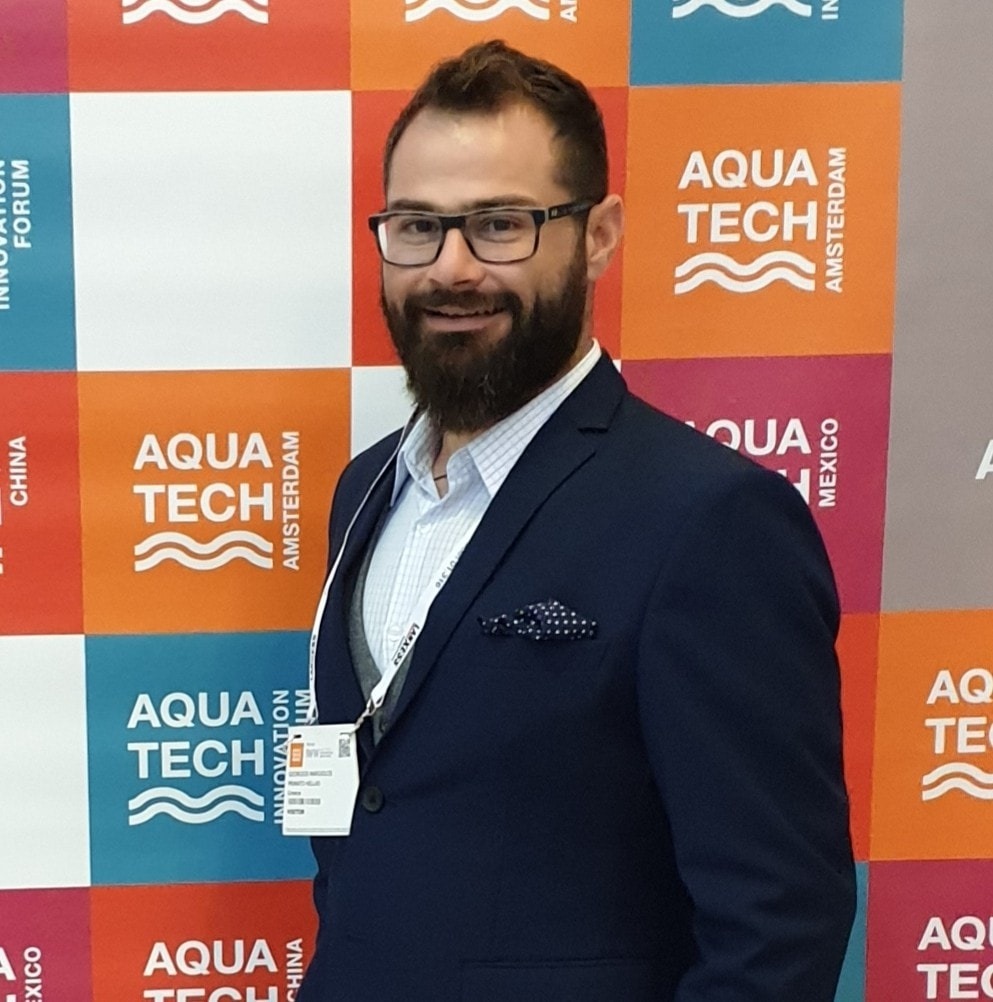
George Margiolos
George Margiolos was born in Thessaloniki and has graduated from the Department of Marketing of the Alexandreio Technological Educational Institute of Thessaloniki. He is fluent in English and (not so fluent) in German.
Ηe has been Project Manager at Avery Dennison - Fastener Division in the UK. There, his main project was to redesign the company's products into new applications so as to become more environmentally friendly. In combination with the fact that in the UK people are more familiar with water filters, he has developed a love for environmentally friendly water filters, which reduce the use of plastic bottles and improving people's quality of life.
Since 2008, he has published over 300 unique educational and informative articles on water filters and new water treatment technologies.
Occasionally, universities and doctoral students request to use George Margiolos' articles in their research because of their quality and uniqueness.
